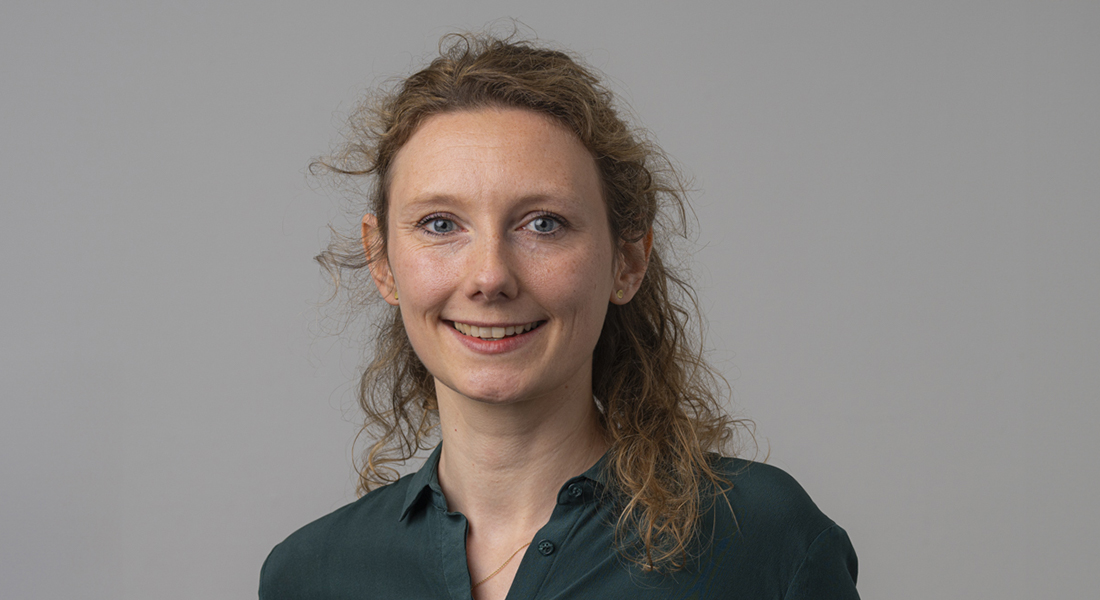New DFF-funded project explores the dual role of lobbying
Do lobbyists equip politicians with valuable information, or do they entice our elected representatives to look after special interests? Probably both, is the assumption behind an upcoming research project by Wiebke Marie Junk.

Lobbying is a double-edged sword: Some see it as a threat to democracy. Others emphasise that democracy cannot function without it. A new research project supported by a Sapere Aude grant of DKK 6.2 million from the Independent Research Fund Denmark is based on the assumption that both sides have good arguments.
"Lobbying is often beneficial because it leads to more informed political decisions. In some cases, however, it leads to special interests outweighing the public interest," explains Wiebke Marie Junk, Associate Professor at the Department of Political Science.
She is heading the project called "Lobbying (A)symmetry: The Dynamics Behind Informed Policy (LOBBYMETRY)".
Two types of inequality come into play
In the case where lobbying champions special interests, this is due to different types of asymmetry in the lobbying process.
"We know far too little about these asymmetries and we lack empirical evidence to assess how and when lobbying develops beneficial or harmful dynamics," Wiebke Marie Junk points out.
In the LOBBYMETRY project, she and the other researchers are therefore investigating two key forms of inequality in lobbying.
"Firstly, unequal mobilisation, which means that some interests are not expressed. Secondly, information asymmetries that make policymakers overly dependent on single organisations when gauging the consequences of possible policy interventions," explains Wiebke Marie Junk.
Focus on green transition and digital policy
In the LOBBYMETRY project, these asymmetries and their interplay are analysed across seven European countries and at EU level. In particular, the researchers will examine decision-making processes in two policy areas: the green transition and digital policy.
"The project will contribute with new knowledge about lobbying and public policy, as well as practical insights on how political institutions can strengthen their involvement of interest organisations – and thus prevent the dark side of lobbying," says Wiebke Marie Junk.
Contact
Wiebke Marie Junk
Associate professor, Department of Political Science
Mail: wiebke.junk@ifs.ku.dk
Phone: +45 35 33 38 12
Simon Knokgaard Halskov
Press and communications advisor
Mail: sih@samf.ku.dk
Phone: +45 93 56 53 29
